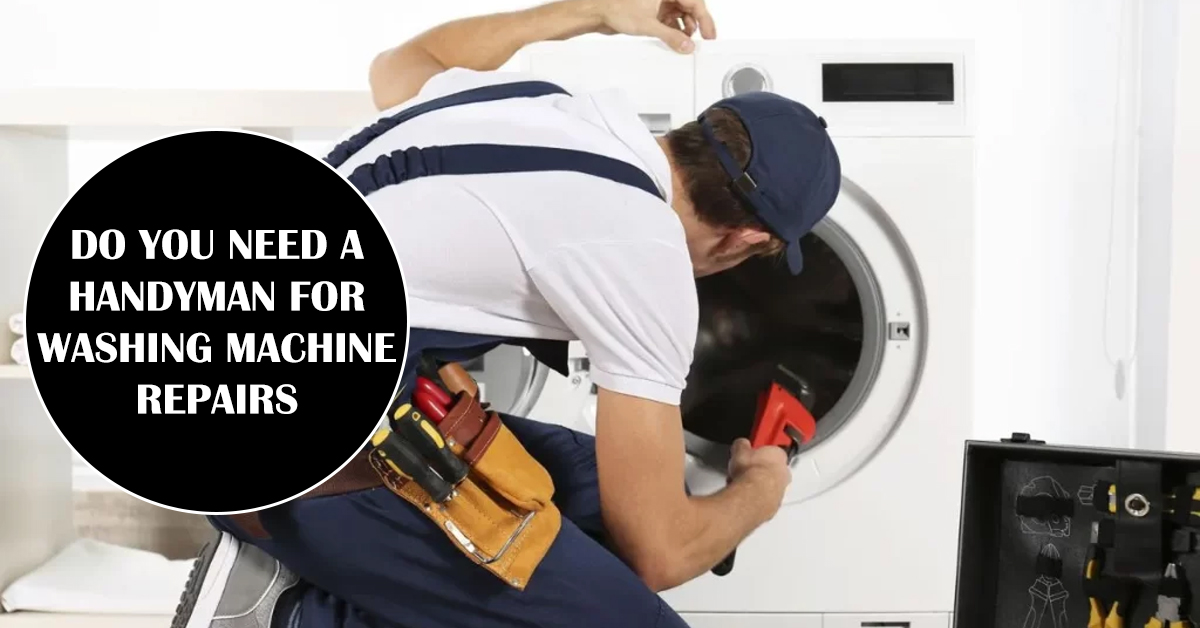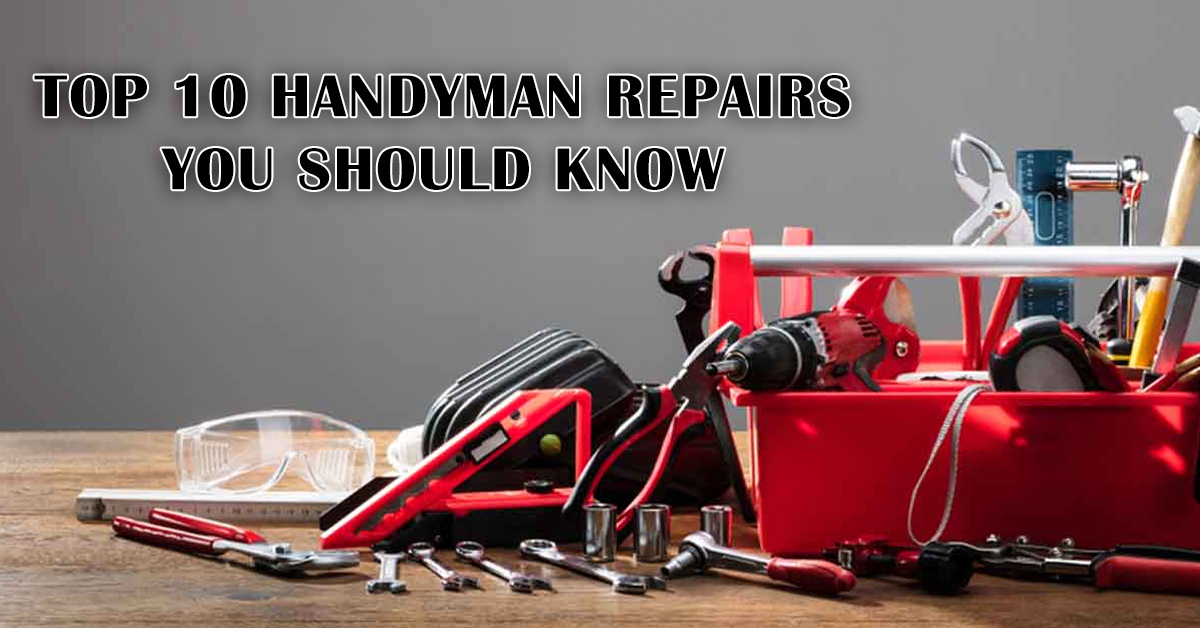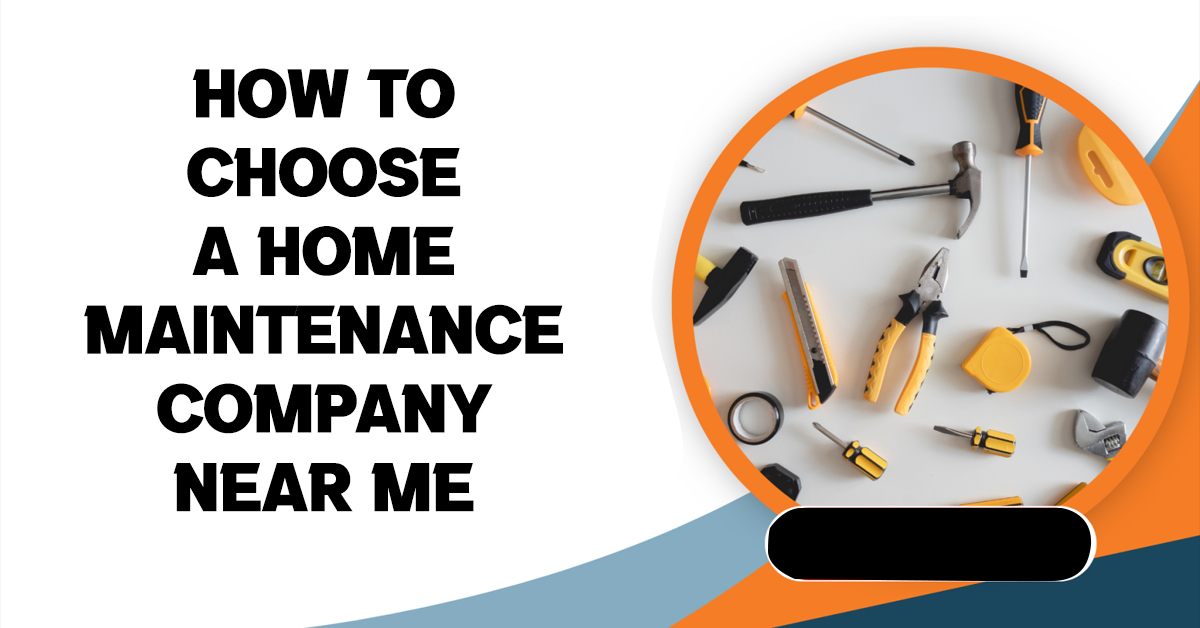Understanding Washing Machine Problems
Washing machines can encounter various issues, ranging from simple to complex. Identifying common problems and knowing when to seek professional help can save time and money.

Common Issues and Diagnostics
Below are some frequent washing machine problems and how to address them:
- Excessive Vibration: Often caused by an unbalanced load or an uneven surface. Distribute clothes evenly and ensure the machine is placed on a flat surface.
- Machine Not Spinning: Could be due to a faulty motor, broken belt, or malfunctioning lid switch. Check these components to identify the issue.
- Leaking Water: Typically a result of worn-out hoses or seals. Regularly inspect these parts for damage and replace them as needed.
- Noise During Operation: May suggest loose screws or bolts. Tightening these can reduce noise and improve performance.
- Unresponsive Control Panel: Likely due to electrical problems. Seek professional assistance for safe and accurate repairs.
When to Call a Professional
Some washing machine problems require expert attention. Consider calling a professional if you encounter the following:
- Electrical Issues: Faulty control panels or wiring problems often require specialized tools and expertise to fix safely.
- Persistent Leaks: If leaks persist after checking hoses and seals, the issue could stem from a faulty pump or internal damage.
- Excessive Vibration: A damaged shock absorber might be the cause. Professionals can replace this part efficiently.
- Non-Spinning or Draining Issues: Consistent problems in these areas may indicate serious mechanical faults that need immediate attention.
Knowing when to call an expert can save you from unnecessary expenses and help extend the lifespan of your washing machine.
DIY Repair vs Professional Appliance Service
Choosing between fixing your washing machine yourself and hiring a professional involves weighing several factors. Key considerations include the complexity of the repair, safety issues, and the potential impact on any warranties.
Assessing Repair Complexity
When considering a DIY repair, think about the difficulty of the task. Simple tasks like unclogging a filter might be manageable. But modern washing machines often have complex systems that require specialized knowledge.
If you’re unsure about diagnosing the issue or lack the necessary tools, it might be wise to call in an appliance repair technician or a service like Mr. Appliance. Professional technicians have experience with different brands and models, providing accurate fixes.
Safety and Warranty Concerns
Safety is crucial when dealing with electrical appliances. Incorrect repairs can lead to injuries or further damage to the machine. If you’re not comfortable working with electrical systems, professional help is safer.
Also, consider the warranty of your washing machine. DIY repairs might void it. Professionals like local appliance repair pros often have experience handling such concerns, ensuring your warranty remains intact while the repair is accurately completed.
Finding the Right Repair Technician
When hiring a professional, research to find the right technician or service. Look for reviews and recommendations for reliability and expertise. Companies like Mr. Appliance offer licensed and insured technicians to guarantee quality work.
Consider local services to ensure prompt assistance. A good technician will accurately diagnose problems and suggest cost-effective solutions, saving you time and effort while ensuring your appliance is in capable hands.
Costs and Considerations for Repair
When deciding whether to repair or replace your washing machine, think about both the costs involved and the necessity of the repair. You should weigh the price of repairs against the potential benefits and compare it to the cost of buying a new appliance.
Estimating Repair Costs
Repair costs for washing machines vary based on the problem and model. Typically, costs range from $125 to $450. Simple fixes like replacing a lid switch might be on the lower end, while complex issues, such as motor or transmission replacements, can be more expensive.
Emergency repair services might charge more due to urgent service needs. Labor costs also add up and usually range from $50 to $150 per hour, according to the technician’s experience and location. Knowing these figures helps you plan your budget effectively.
Comparing Appliance Repair and Replacement
When faced with a malfunctioning washing machine, consider repair versus replacement. Repairing can save money initially, but old machines might continually need repairs, leading to higher long-term costs.
Replacement offers you a new machine that is less likely to need immediate repairs. It might be more cost-effective if the repairs are over half the cost of a new machine. Consider energy efficiency improvements in newer models, which can offset initial costs through lower utility bills. Deciding on repairing or replacing depends heavily on your specific situation, including the machine’s age and repair history.
Maintaining Your Washing Machine Post-Repair
After your washing machine has been repaired, regular maintenance can help prevent future problems. This involves following a few simple steps.
Washing Machine Maintenance Tips
Simple Steps for Prolonging Your Washer’s Life
Regular maintenance can keep your washing machine running efficiently and help you avoid costly repairs. Follow these tips to take care of your washer:
- Keep It Clean: Remove soap scum from the drum using a mixture of hot water and vinegar. Run an empty hot water cycle with this mixture every month.
- Dry Properly: After each wash, wipe the rubber gasket and leave the door open to allow air circulation. This prevents mold growth.
- Avoid Overloading: Putting too many clothes in the washer can strain the motor. Follow the manufacturer’s guidelines for load size.
- Inspect Hoses: Check hoses for leaks or wear and replace them if necessary. This can prevent water damage in your home.
- Level the Machine: Ensure your machine is on a flat surface. An imbalanced washer can cause noise and damage over time.
- Regular Checks: Look for unusual noises or vibrations. These could be signs of issues needing attention.
Taking these steps can extend your washing machine’s lifespan and improve its efficiency. Regular care helps keep it running smoothly, saving you from frequent repairs.
Frequently Asked Questions
Repairing a washing machine might seem tricky, but understanding the key points can help. Learn about repair costs, DIY options, and when to replace or service your washer.
1. What factors influence the cost of washing machine repair?
The cost depends on:
- Labor: Rates charged by the technician.
- Parts: Replacement components like motors or latches.
- Complexity: Simple tasks cost less than fixing motor or electronic issues.
- Local Market Rates: Pricing varies by location and service provider.
2. Is it feasible for an individual to repair a washing machine on their own?
Simple repairs may be manageable if you’re comfortable with tools and appliance mechanics. These include:
- Cleaning filters.
- Checking hoses for clogs or leaks.
For complex issues like motor or electrical repairs, hire a professional to ensure safety and proper function.
3. At what point should one consider replacing a washing machine instead of repairing it?
Replace your washing machine if:
- Repair costs exceed half the price of a new machine.
- It frequently breaks down or parts are hard to find.
- The machine is over 10-15 years old, which is the average lifespan.
4. What is typically included in a washing machine service?
A standard service includes:
- Checking hoses and filters.
- Inspecting belts and the motor.
- Looking for leaks and unusual noises.
- Ensuring proper functionality and efficiency.
Regular servicing prevents major issues and maintains your washer’s performance.
5. Is it necessary to hire a plumber for the installation of a new washing machine?
You may not need a plumber if:
- Existing connections are already in place.
- Installers from the store handle the setup.
A plumber might be necessary for new plumbing connections or drainage issues.
6. How does one find a reliable and cost-effective washing machine repair service?
To find a trustworthy repair service:
- Check reviews and customer feedback online.
- Look for experience with your specific washing machine brand.
- Ask for recommendations from friends or family.
- Browse online directories for reputable providers in your area.



